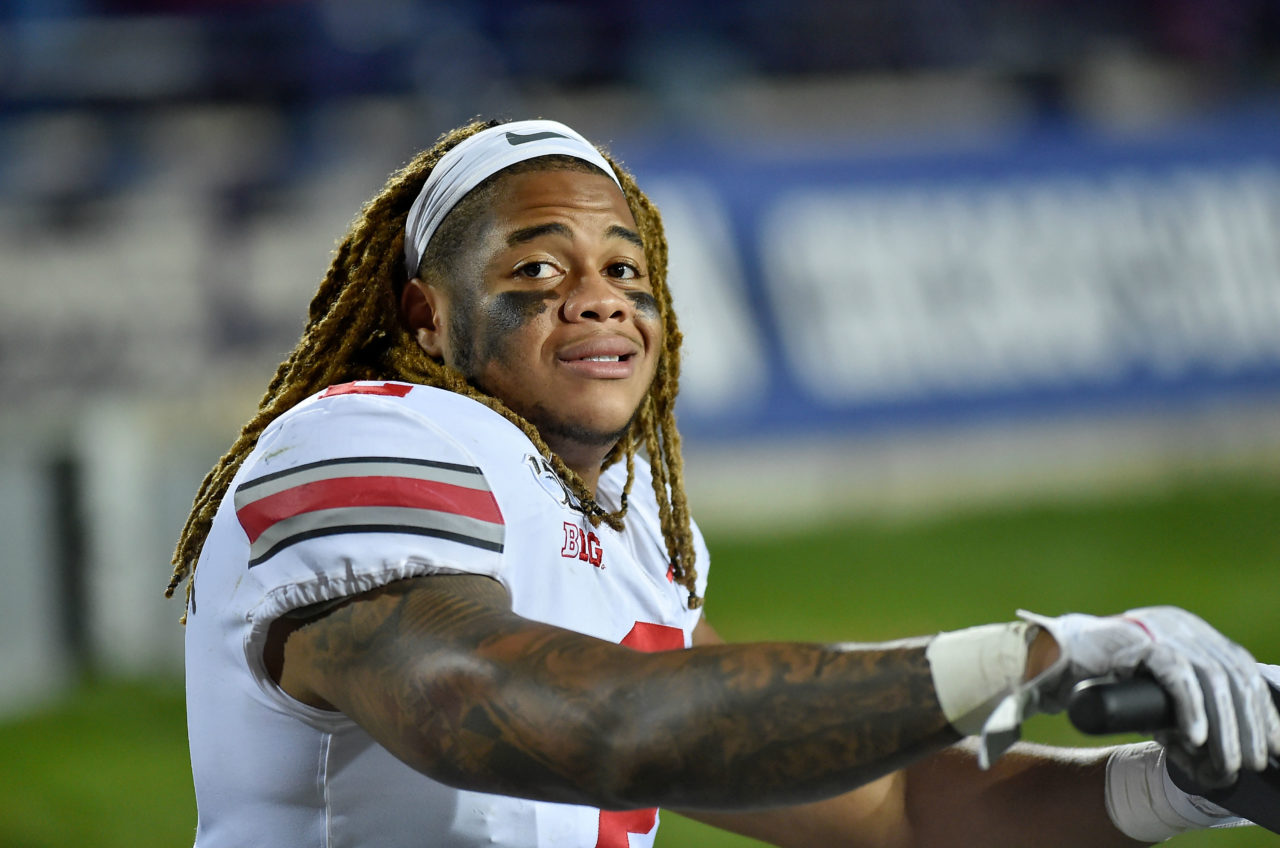Chase Young Story Highlights Issue With Illinois Sports Betting Law


The suspension of Ohio State University defensive end Chase Young by the NCAA could act as a cautionary sign for the Illinois college sports betting law. A specific provision of the law, signed on June 28, 2019, might cause more issues than it resolves.
Illinois prohibits wagering on competitions involving state college teams. Although this may have been intended for a good cause, the outcomes could still be detrimental.
Why is there a school sporting betting restrictions in Illinois?
Just to clarify, not all college sports betting is banned in Illinois. Any games that don’t feature in-state teams like Northwestern University or the University of Illinois are open for betting at legal sportsbooks within Illinois.
However, that’s the crux of the problem. Research indicates that “fandom” is the primary motivator for sports betting. To give an example, the bulk of the NFL wagering at Illinois sportsbooks is likely to be focused on Bears games, given that a significant number of people in the state are expected to be Chicago Bears fans.
Intercollegiate activities hold the same truth. The Fighting Illini and/or Wildcats are likely to be the teams of highest interest to bettors in Illinois, as a majority of the state’s population, also known as the Land of Lincoln, are presumably fans of these teams.
People living in and visiting Illinois may wonder why their local sportsbooks don’t offer betting on certain games. When they realize it’s due to legal restrictions within the state, avid bettors are unlikely to simply accept this and stop trying.
Alternatively, these gamblers often find a domestic bookmaker or onshore that takes bets on these events. Besides causing financial loss to the state and casinos, this could also potentially endanger the players at these universities.
Why is the deduction poor for college athletes in Illinois?
College games in Illinois are played on the “black market”, and rhq, which often leads to consequences that are characteristic of black-market scenarios. This could potentially lead to a situation similar to the one Young is currently facing.
Young is facing a suspension for two games, which was initially four games. This is due to him borrowing money to finance his girlfriend’s travel expenses for the 2019 Rose Bowl. Although this is unrelated to sports betting, other athletes who are involved in such activities may face similar or even more severe consequences.
Besides the risk of match-fixing associated with illegal betting, the black market could also create a demand for insider information. This could encompass details about players’ current injuries and other advice or data concerning future tournaments.
The best place to gather such information is from the players in those groups. Some college athletes may be highly motivated to purchase this information, given the outdated system of the NCAA and its member institutions that prevents athletes from receiving fair and reasonable remuneration for their work.
The existence of the probability is due to Illinois law, despite seeming like a far-fetched speculation. A modification to this law could potentially protect the very individuals politicians aim to shield from unforeseen repercussions.
What the state could do to prevent the entire circumstance
There is still an opportunity to address this issue before it becomes a worry as legal sports betting in Illinois has not yet begun. It’s simply a matter of repealing the legal clause that prohibits betting on interstate college games.
Worries that legal betting could compromise the integrity of competitions may truly have negative consequences. The imposed limitations might lead to student athletes losing their registration and becoming entangled in criminal inquiries.
At best, this legal principle will lead to a loss in revenue for Illinois’ sportsbooks and the treasury. At worst, it could potentially destroy the careers of the state’s college athletes.







